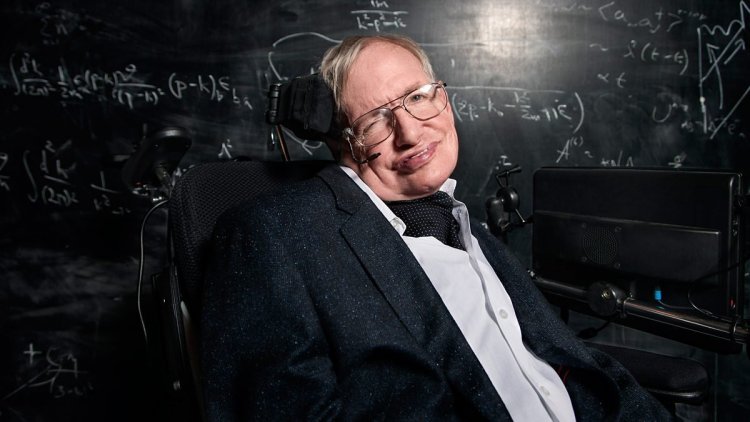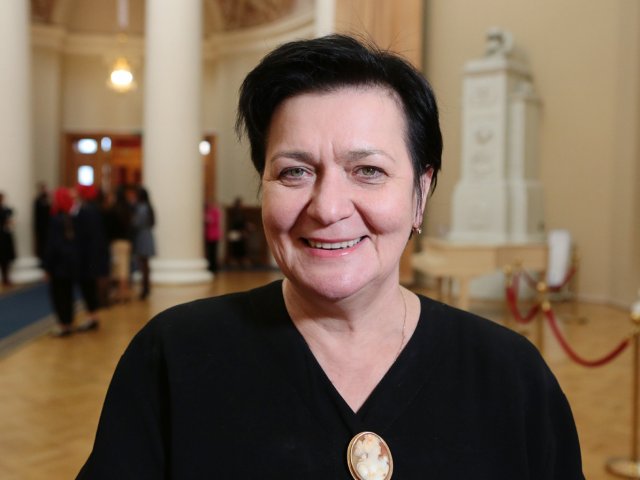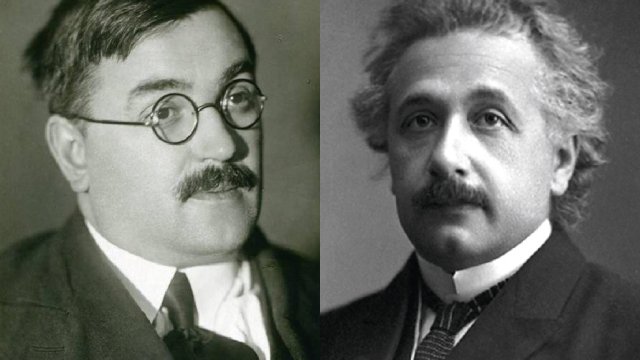Official:
Stephen William Hawking. 8 January 1942 – 14 March 2018. English theoretical physicist, cosmologist, writer. Unbroken.
Life and Work:
1. The greatest black hole expert is renowned not only for his achievements in physics. But also, for shear courage as he did not let the disease turn his life into a black hole.
2. Hawking is one of the most influential and famous theoretical physicists of our time. He is believed to be one of the founding fathers of the quantum cosmology. Hawking was the first to set out a theory of cosmology explained by a union of the general theory of relativity and quantum mechanics.
3. Among Hawking’s major achievements are the application of thermodynamics to description of black holes, development of the theory that black holes “evaporate” due to the phenomenon named Hawking radiation. In the Big Bang Theory, Hawking introduced the notion of micro black holes, the mass of which could be billions of tons and take up the volume of a single proton. These objects fringe the theory of relativity due to the immense mass and gravitation and the quantum mechanics due to their size.
4. Born during World War II, Hawking wrote that Oxford where he came into the world was like Cambridge a good place for birth for two German reasons – Heidelberg and Göttingen. According to the scientist, the Germans agreed not to bomb Oxford and Cambridge if the Britons, in return, would not bomb Heidelberg and Göttingen. Fearing bombardments of London, Hawking’s parents moved to Oxford, a safer place back then.
5. In Hawking’s biography, Oxford and Cambridge have been intricately intertwined – the scientist graduated from the University of Oxford and taught students for a while but he received his doctorate from the University of Cambridge. In Cambridge, Hawking worked for many years.
6. In Oxford, Hawking recalled, he even went in for rowing for some time and turned out for the university team. However, he then fell on a flat surface several times. He was diagnosed with amyotrophic lateral sclerosis (ALS), i.e., a fatal neurodegenerative disease. Doctors gave him a life expectancy of two years but luckily, they were mistaken. At first, Hawking had enough help from the students but in the late 1960s he had to use a wheelchair.
7. Hawking then recalled that during the first year of his teaching in Oxford he read a textbook ahead of his own students by only two weeks.
8. When Hawking became the Lucasian Professor of Mathematics at the University of Cambridge in 1979, i.e., when he took one of the world’s most celebrated academic positions, he proudly and with a light humorous undertone said that Paul Dirac and Isaac Newton occupied this chair before him but it did not have any electronic controls when they were alive.
9. From the mid-1980s onwards, Hawking spoke and gave lectures with the help of a computer. The illness prevented an active lifestyle but the scientist resisted – the greatest theoretical physicist of modern times even took a suborbital flight during which he felt the zero gravity.
10. A speech-generating device that Hawking used had been developed at the Massachusetts Institute of Technology. Hawking said ironically that the only flaw of this device which worried him was its American accent. However, the scientist got used to it and later perceived it as his own.
11. Stephen Hawking believed that the mankind had already created the artificial life in their human image. This single human-created form of life serves solely for destruction as these are computer viruses.
12. The leading scientist devoted much of his efforts to science promotion. His book, A Brief History of Time, became a best seller. Among Hawking’s other prominent popular science books are Black Holes and Baby Universes and The Universe in a Nutshell. He also wrote A Briefer History of Time with Leonard Mlodinow and George’s Secret Key to the Universe with his daughter Lucy for children.
13. From his popular science books, Hawking carefully removed formulas believing that each formula left in the book halves the number of buyers.
14. Telling about the history of science, Stephen Hawking wrote that sometimes we should not stand on the shoulders of giants but we have to use the shoulders of giants as a springboard. The scientist meant that science advancements sometimes need an intellectual leap rather than building on previous work.
15. Stephen Hawking was married and divorced twice. The memoirs of his first wife made into a film, The Theory of Everything, dubbed in Russian as Stephen Hawking’s Universe.






















